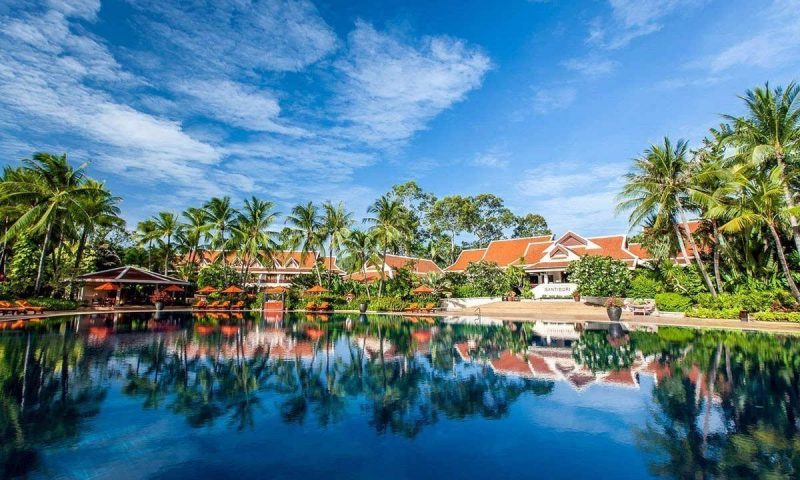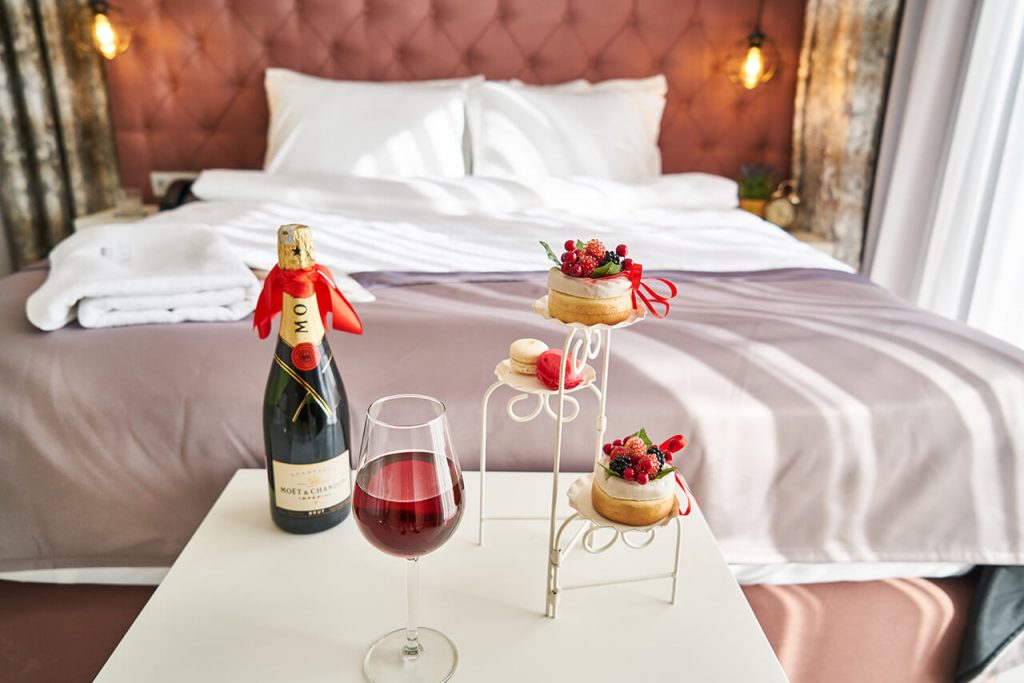Health regimen tourism has been rising
From 2015 to 2017, the average annual growth rate of health tourism consumption was 6.5%, more than twice the growth rate of general tourism consumption.
With the gradual transformation of demand for health care from a minority of consumer behavior to a general market, hotels around the world are constantly innovating, applying the concept of health care to the initial design of hotels, daily operation and other phrases to improve the accommodation experience.
Nowadays, health is not limited in spa anymore but integrates all the upstream and downstream business related to hotels. So, many hotel groups have invested a lot of money to provide consumers with health tourism experience, and more and more will do in the future.
For instance, recently, the Intercontinental hotel group took the action of acquisition of luxury health hotel brand Sixsenses. More than this, including Marriott, Hyatt, Hilton and other hotel groups have long been in the health business layout.

The value of health
The global health association divides health tourists into two categories: those who travel for health maintenance and those who want to stay healthy while traveling.
The second category accounted for the majority of tourists, which occupied 86% of the expenditure in 2017. Moreover, from 2015 to 2017, the growth rate of tourism in the second category (average annual growth rate of 10%) is higher than that in the first category (average annual growth rate of 8%).
“As more consumers prefer a healthy lifestyle, tourism companies can apply the health concept to their products in various ways to attract tourists,” the association said.

The future of hotel health
Povinelli predicted that health tourism will continue to grow in the future, then the hotels need to adapt to meet the needs of their guests.
“Wellness is not just about food, or fancy bathrooms, or fancy restaurants, it’s about creating an environment where guests can relax, interact, feel a sense of belonging and presence, and learn from each other,” Schweder says.
“Actually, it doesn’t take a lot of money to maintain a healthy regimen, we prefer to choose a simple meal grown on an organic farm, instead of a $100 meal.”
Schweder considered that the fact that Amazon paid $13.7 billion acquisition of Whole Foods shows an “important sign” that consumers are paying attention to their health and wellness.
Similarly, the brand of AC Hotels of Marriott and brand Accor 25Hours also offer organic food in the lobby.
He added, “these products attract more customers, and this trend indicates that now it’s not only the rich people who can enjoy real health regimen.”





